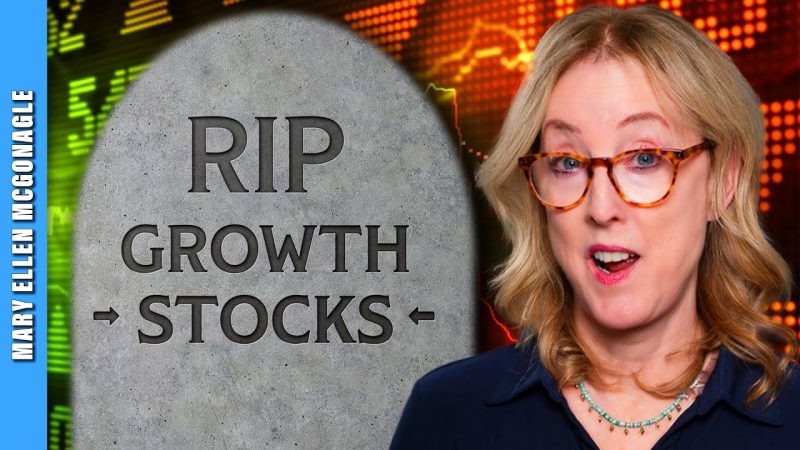In recent times, the stock market has evolved into a tumultuous battlefield where growth stocks have taken a hit, leaving investors wondering whether it’s game over for this once high-flying sector of the market. Growth stocks, traditionally characterized by high earnings growth potential, have typically outperformed their value counterparts during periods of economic expansion. However, recent market dynamics have seen a shift in this trend, leading to concerns about the sustainability of growth stocks’ performance.
One of the primary reasons behind the recent underperformance of growth stocks is the rise in interest rates. The Federal Reserve’s decision to tighten monetary policy has resulted in an increase in borrowing costs, making it more expensive for companies to fund growth initiatives. As a result, high-growth companies, which often rely on external capital to fuel their expansion, have seen their valuations come under pressure, leading to a decline in their stock prices.
Additionally, the ongoing trade tensions and geopolitical uncertainties have further exacerbated the challenges faced by growth stocks. The imposition of tariffs and trade restrictions have impacted global supply chains, leading to disruptions in business operations for many growth companies. Furthermore, the uncertainty surrounding Brexit, the US-China trade war, and other geopolitical issues has created a risk-off environment, prompting investors to seek refuge in safer assets, such as value stocks.
Another factor contributing to the underperformance of growth stocks is the shift in investor sentiment towards more defensive sectors of the market. With fears of an impending economic slowdown looming large, investors have started to favor companies that offer stability and dividends over those with high growth potential. As a result, defensive sectors like utilities, consumer staples, and healthcare have outperformed growth stocks in recent months, signaling a change in investor preferences.
Despite these headwinds, it would be premature to declare game over for growth stocks. Historically, growth stocks have displayed resilience and the ability to bounce back from periods of underperformance. While the current environment may present challenges for growth companies, it also offers opportunities for those with strong fundamentals and a solid growth trajectory.
Investors looking to navigate the current market landscape should focus on investing in high-quality growth stocks with sustainable business models and strong competitive advantages. Diversification across sectors and geographies can also help mitigate risks associated with individual stock picks.
In conclusion, while growth stocks may be facing headwinds in the current market environment, it is not game over for this dynamic sector. By being selective in their investment choices and focusing on companies with solid fundamentals, investors can continue to benefit from the long-term growth potential that growth stocks offer.



























